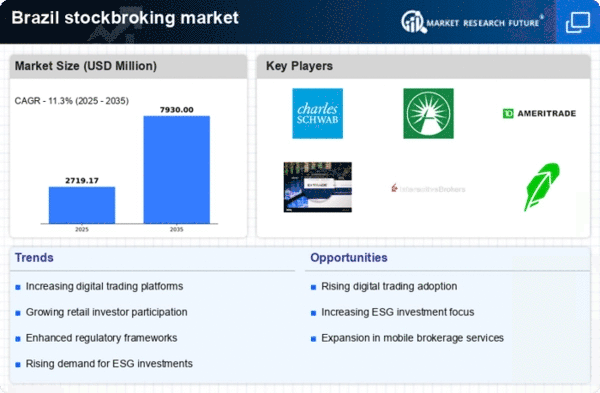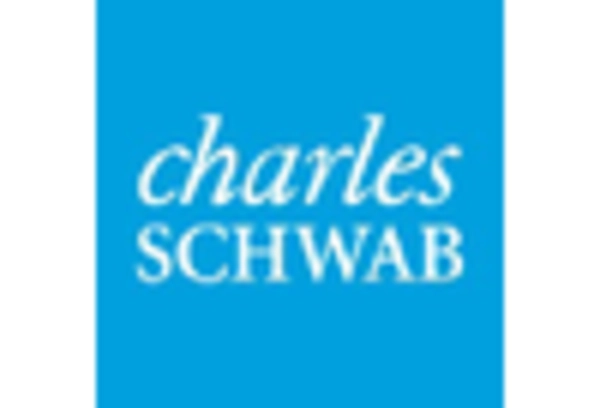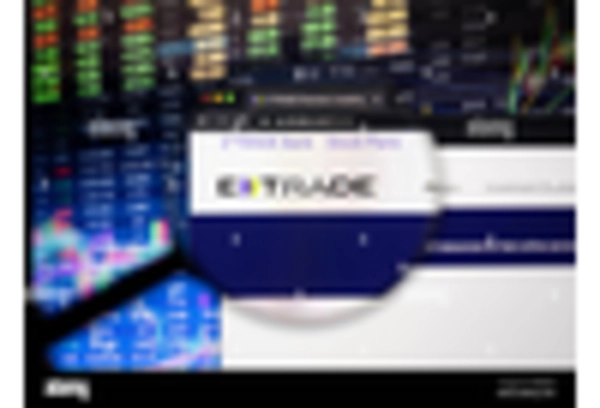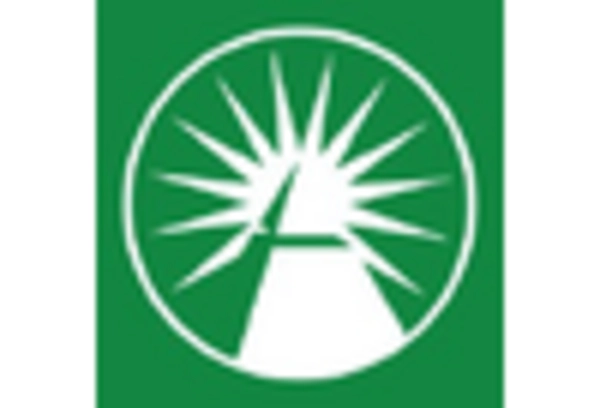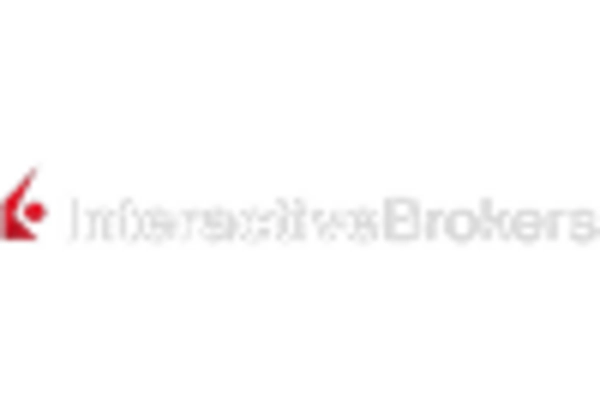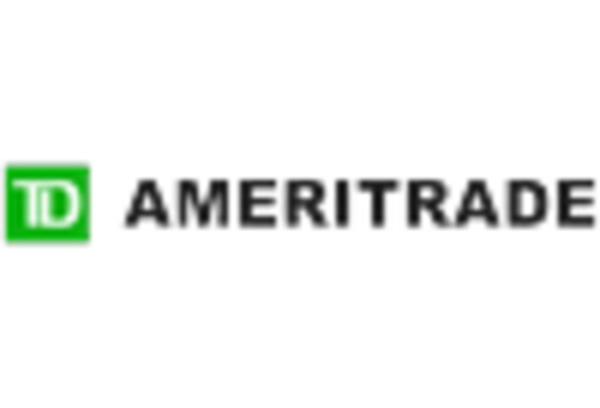Regulatory Changes and Compliance
Regulatory changes play a crucial role in shaping the stockbroking market in Brazil. Recent reforms aimed at increasing transparency and protecting investors have led to a more robust regulatory framework. The Comissão de Valores Mobiliários (CVM) has implemented stricter compliance measures, which, while challenging for some firms, ultimately enhance market integrity. As of November 2025, compliance costs have risen by approximately 15%, but this is expected to foster greater investor confidence. Enhanced regulations may also lead to a consolidation of smaller firms, thereby increasing competition among larger players. This evolving regulatory landscape is likely to influence the operational strategies of stockbrokers in Brazil.
Increased Financial Literacy and Education
The stockbroking market in Brazil is witnessing a surge in financial literacy initiatives aimed at educating potential investors. Various organizations and educational institutions are promoting investment knowledge, which is crucial for fostering a culture of investing. As of November 2025, surveys indicate that around 40% of Brazilians are now familiar with basic investment concepts, a significant increase from previous years. This growing awareness is likely to lead to a rise in retail participation in the stock market. Enhanced financial literacy not only empowers individuals to make informed decisions but also contributes to the overall stability and growth of the stockbroking market.
Economic Growth and Investment Opportunities
Brazil's economic growth is a significant driver of the stockbroking market. With GDP growth projected at 3% for 2025, there is an increasing appetite for investment opportunities among both institutional and retail investors. The expansion of sectors such as technology and renewable energy is attracting attention, leading to a diversification of investment portfolios. As companies seek to raise capital through public offerings, the stockbroking market is likely to benefit from increased trading volumes. Furthermore, the rise in foreign direct investment (FDI) is expected to bolster market liquidity, creating a favorable environment for stockbrokers to thrive.
Emergence of Alternative Investment Products
The stockbroking market in Brazil is evolving with the emergence of alternative investment products. Investors are increasingly seeking diversification beyond traditional equities and bonds, leading to a rise in popularity of assets such as real estate investment trusts (REITs) and commodities. As of November 2025, alternative investments account for approximately 20% of total investment portfolios among retail investors. This trend is driven by the desire for higher returns and risk mitigation strategies. Stockbrokers are adapting by offering a wider array of products, which may enhance their competitive edge. The growing interest in alternative investments could reshape the landscape of the stockbroking market in Brazil.
Technological Advancements in Trading Platforms
The stockbroking market in Brazil is experiencing a notable transformation due to technological advancements in trading platforms. These innovations enhance user experience, allowing for faster transactions and improved accessibility. As of November 2025, approximately 60% of trades are executed through mobile applications, reflecting a shift towards digital solutions. The integration of artificial intelligence and machine learning algorithms is also becoming prevalent, enabling brokers to offer personalized investment advice. This trend is likely to attract a broader range of investors, including younger demographics who prefer mobile trading. Consequently, the stockbroking market is poised for growth as these technologies streamline operations and enhance customer engagement.


